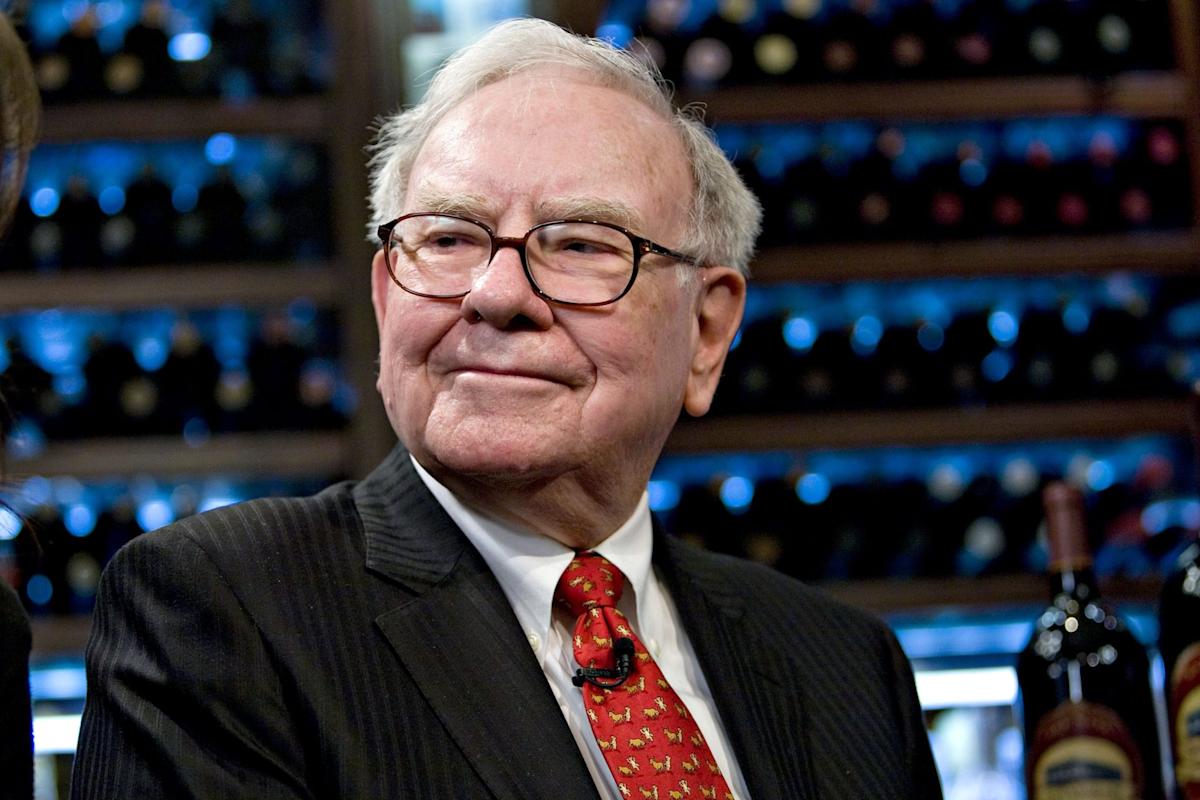-
Berkshire Hathaway’s 2025 investments suggest Warren Buffett and his successor, Greg Abel, are focusing on consumer-centered brands, despite broader economic uncertainties. The conglomerate has notably increased stakes in homebuilder Lennar, energy giant Chevron, and beverage company Constellation Brands, while reducing exposure to financial institutions. Buffett’s moves highlight a preference for sectors tied to everyday consumption and long-term goals, such as housing, energy, and consumables.
Warren Buffett may be retiring as CEO of Berkshire Hathaway at the end of this year, but the investment decisions of the conglomerate still reveal a great deal about the Oracle of Omaha’s take on the economy.
Throughout 2025, Berkshire’s investments have focused on brands heavily exposed to the health and prospects of consumers. American shoppers have held up well since the end of the pandemic—to the surprise of some economists. Brian Moynihan, the CEO of Buffett’s long-held asset Bank of America, said earlier this year that while consumers were beginning to worry about their cash reserves, they were continuing to spend nonetheless.
And while Wall Street and Silicon Valley have been piling into AI stocks despite warnings of a bubble, Buffett and his successor, Greg Abel, have been looking further afield for investment inspiration.
Some of Berkshire’s largest investments this year have been in brands which likely qualify as essential for U.S. shoppers—or reflect their long-term goals.
For example, Berkshire’s most recent filings reveal it now holds some 7 million shares in Lennar, a 265% increase on its previous stake. Lennar, one of the nation’s largest homebuilders, has seen its share price drop 28% in the past year but now makes up a little over 3% of Berkshire’s portfolio, with its holdings between class A and B stock now totaling more than $886 million.
However, action from the White House this year has been focused on getting America’s real estate market moving again. In his continued lobbying for a lower base interest rate, President Trump claimed Fed Chair Jerome Powell was “hurting the housing industry very badly.” Trump added: “People can’t get a mortgage because of him.”
While Powell refrained from lowering the rate in the early days of Trump’s administration, the Federal Open Market Committee has since begun lowering interest rates and has signaled an openness to reduce them further in future. While the Federal funds rate doesn’t set the mortgage rates lenders offer, lower borrowing costs should (as a general rule) ultimately result in more affordable mortgages for consumers.
